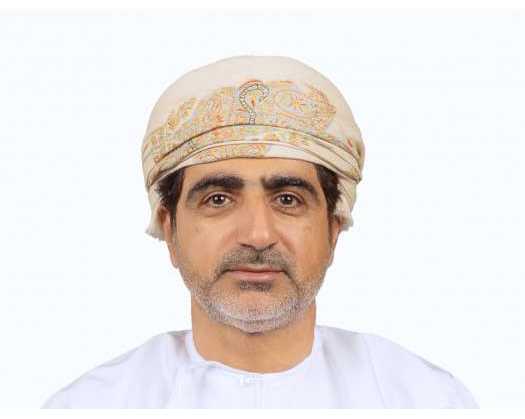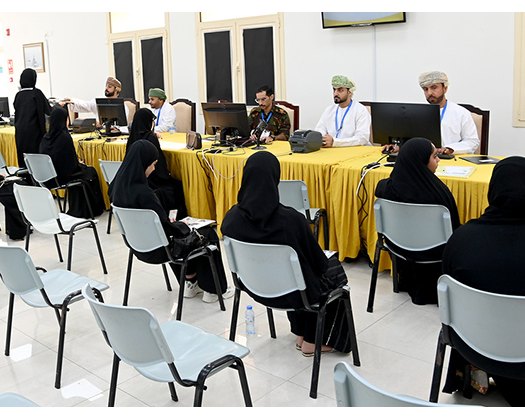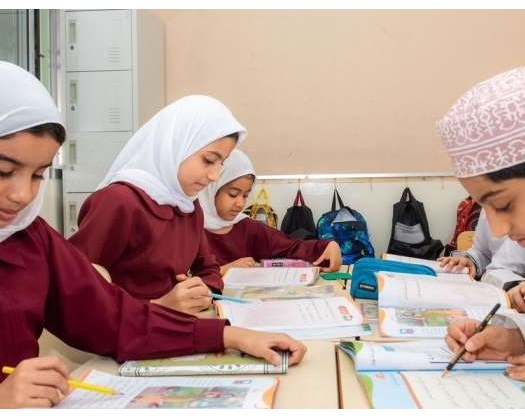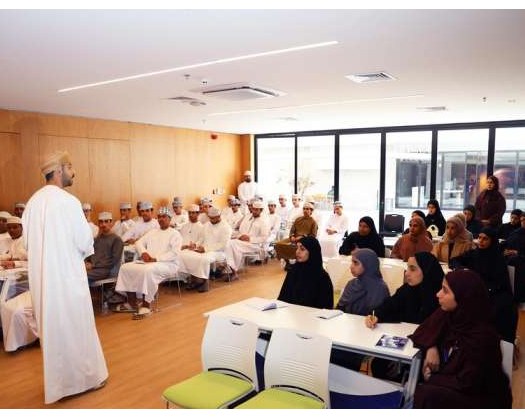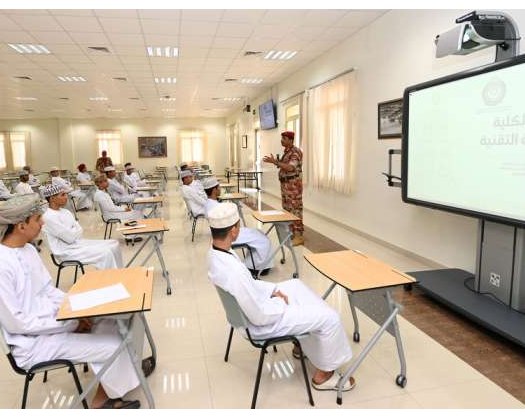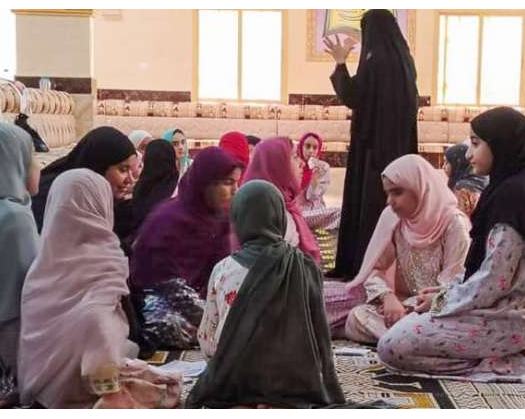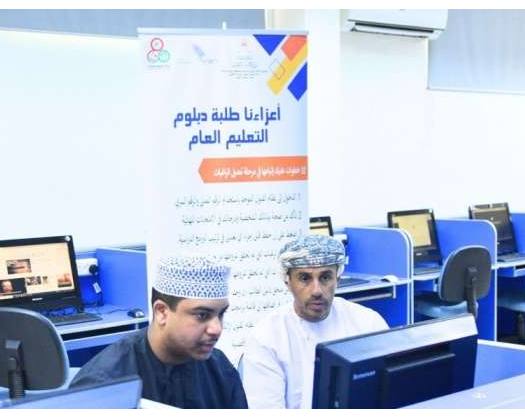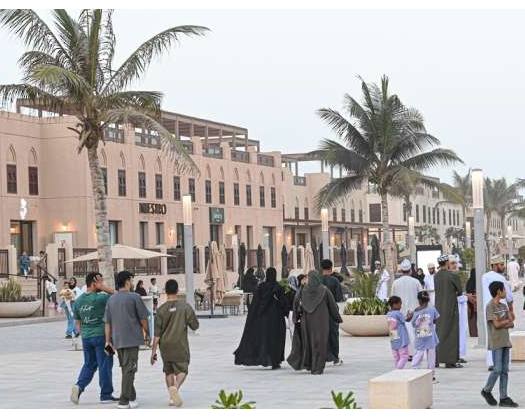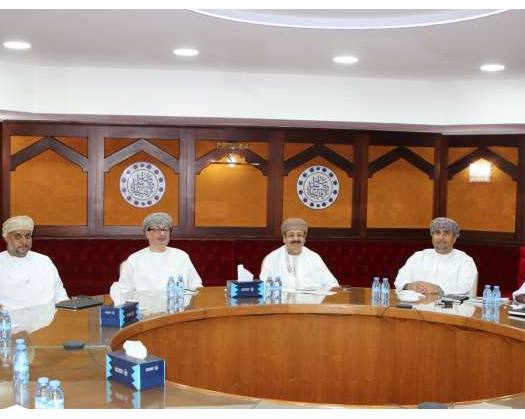Muscat: On February 26, the Shura Council will welcome Dr. Madiha Ahmed Al-Shibani, the Minister of Education, to present her ministry's statement to the Council.
This marks the inaugural ministerial statement of the second ordinary session of the tenth term.
The announcement was made by Ahmed Mohammed Al-Nadabi, Secretary-General of the Shura Council, who noted that the Council will convene for its sixth and seventh regular sessions for the second ordinary term (2024-2025) of the tenth term (2023-2027) on February 25 and 26.
The Secretary-General elaborated that the seventh session will specifically concentrate on the Minister of Education's statement, in accordance with Article (69) of the Oman Council Law. This article stipulates that "Majlis Al-Shura shall, based on a joint proposal from the office of the majlis and the chairs of its permanent committees, determine the program for ministerial statements and discussion topics at the start of each annual session. The chairman of the majlis is responsible for informing the government of this program and outlining the necessary elements and topics for each statement based on the relevant matter or sector."
The Secretary-General emphasized that the statement will cover several significant topics identified by the Council.
The first focus will be on the policies governing school education in Oman, which includes an overview of school education within the framework of the 10th five-year plan, an assessment of its performance to date, and future strategic initiatives.
Additionally, the discussion will encompass the realities and challenges of school education in light of the School Education Law, as well as the pathways for post-basic education and their alignment with the needs of the labor market.
The second topic will examine the quality of school education in Oman, emphasizing assessments of educational curricula and their influence on enhancing school programs to align with global educational advancements.
It will also explore e-learning initiatives, educational platforms, and the resources the ministry offers to both students and educators, alongside the ministry’s strategies for digital transformation and the integration of artificial intelligence.
Furthermore, the discussion will include special education programs for individuals with disabilities and autism, as well as improvements in educational services such as student transportation, textbook printing, and extracurricular activities.
The third topic will address human resources, training, and development within the Ministry of Education, focusing on Omanisation strategies based on specializations and future projections, the educational rehabilitation program in Oman, and its relevance to upcoming needs.
Additionally, it will cover the recruitment of expatriate teachers and the professional development of educational personnel, as specified in Article (52) of the School Education Law.
The fourth topic will delve into private school education in Oman, highlighting public-private partnership initiatives, collaboration, and the support extended to private institutions. This section will also discuss investment policies aimed at optimizing economic returns from the school education sector and fostering growth in private education.
The Secretary-General of the Shura Council noted that the sixth regular session on Tuesday, February 25, will concentrate on reviewing several draft laws submitted by the government to the Council, including the draft law on state dues collection and the draft law concerning the rights of individuals with disabilities.
The Council's committees have conducted a series of meetings to evaluate the draft laws, ensuring a comprehensive assessment that aligns with the current phase aimed at enhancing Oman’s legislative framework.
He indicated that the sixth session will also address the proposed draft law concerning the regulation of tobacco and its derivatives, which has been developed and reviewed by the Council’s committees, in accordance with Article (48) of the Oman Council Law.
This article specifies: ‘Majlis Oman may propose draft laws and submit them to the government for consideration, which must return them to the Majlis within a maximum of one year. If the proposal receives approval, the same procedures outlined in Article 47 of this law will apply, and if it is not approved, the government is required to inform Majlis Oman of the reasons within the same timeframe.

